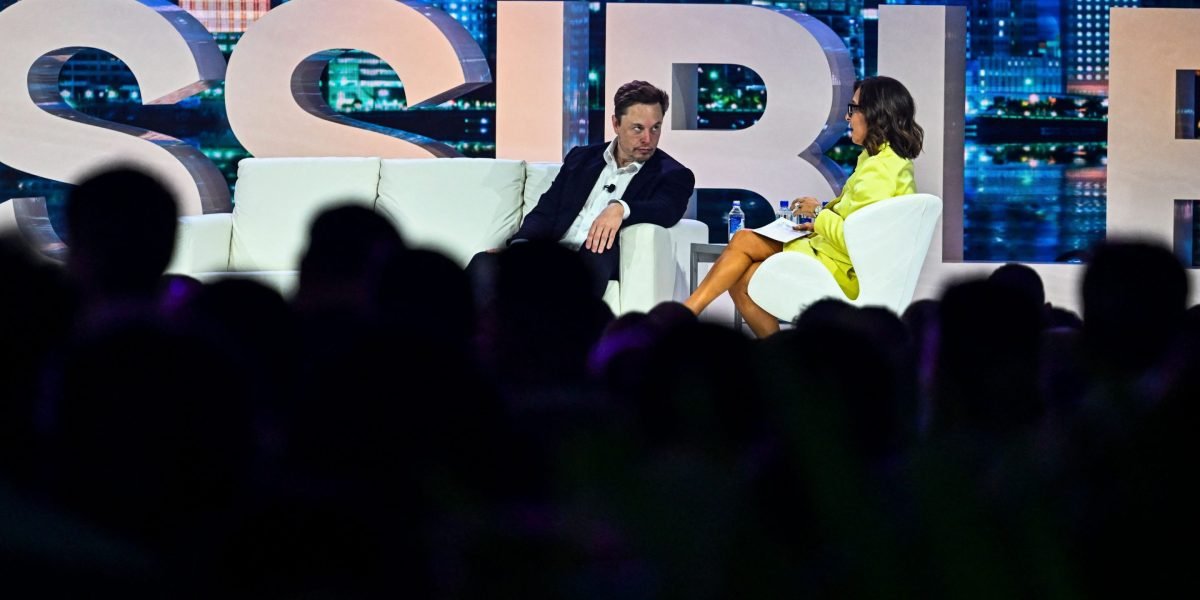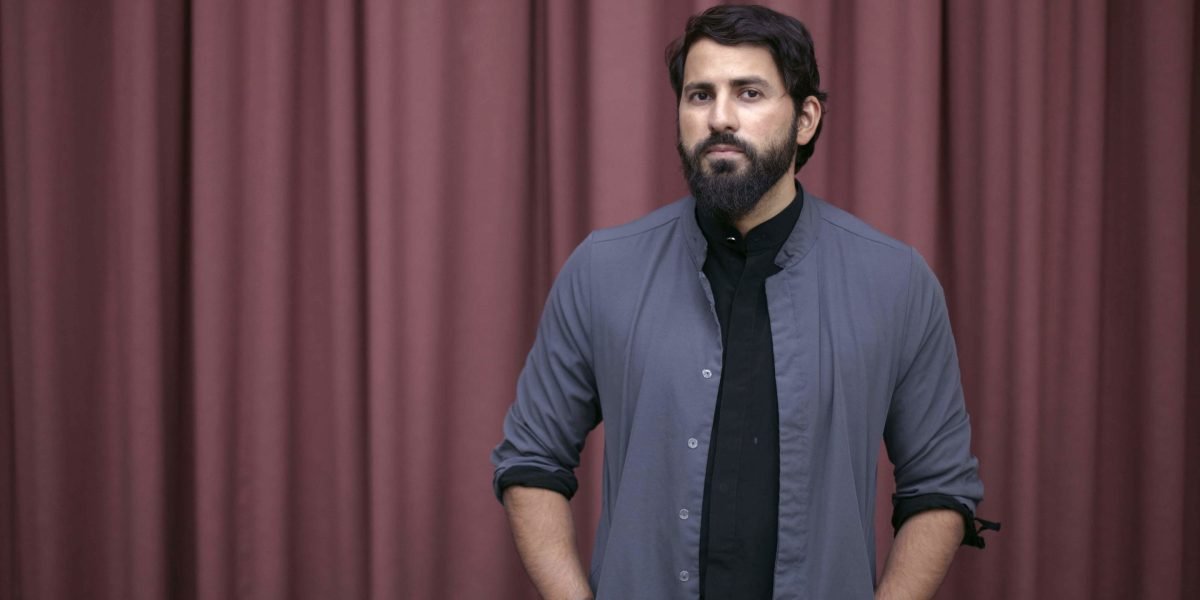A month before Twitter CEO Elon Musk announced NBCUniversal ad executive Linda Yaccarino as his replacement, she interviewed him onstage in Florida—and showed some backbone.
At several points during the interview at the “Twitter 2.0: From Conversations to Partnerships” conference in April, a less determined interviewer might have moved on to other topics, but Yaccarino kept pressing Musk.
The audience was filled with marketing executives, many of whom had become leery of advertising on Twitter after Musk’s $44 billion takeover last year. Twitter’s main source of revenue has long been ads, but that tumbled after Musk—a self-described “free-speech absolutist”—bought the company. Advertisers, fearing that their campaigns would appear near a proliferation of racism, conspiracies, and other objectionable content, had canceled or reduced their campaigns.
“I have to push you a little,” Yaccarino told Musk, “because there’s a lot of folks in this room, they vote with their pocketbooks.” Some of them, faced with the “challenge” of Musk’s controversial “points of view” (he regularly tweets about politics and business) are still “holding back” and not advertising, she said, adding, “What do you say to them in this room?”
Musk replied that the audience should take his tweets with a grain of salt, since it’s hard to convey tone with a tweet. “So something that may be sarcastic or a joke or, something like that, may come across as serious when it isn’t.” He blamed the media for casting his tweets in the worst possible light because it competes with Twitter for ad dollars.
She then asked if Musk should be held to a higher standard with his tweeting, noting, “a lot of people think you might be too provocative.”
Musk replied, “I think the same standard should apply to me as applies to everyone on Twitter.” He then attacked traditional journalists and emphasized the importance of elevating citizen journalism, saying it’s “very important to hear the voice of the people…to let the people determine the narrative, and let the people determine the truth, and not five editors-in-chief of major publications.”
Yaccarino replied, “So let me kind of pull you back into what’s important to the people in this room, and that’s protection for their ad campaigns.” She said there needs to be an opportunity for those people to “influence what you’re building.”
Musk replied, “If I were to say, yes, you can influence me, that would be wrong, that would be very wrong, because that would be a diminishment of freedom of speech.”
Rather than move on, Yaccarino pushed more on this point:
“I wanna be specific about influence. It’s more an open feedback loop for the advertising experts in this room to help develop Twitter into a place where they will be excited about investing more money: product development, ad safety, content moderation. That’s what the influence is.”
Musk replied, “It’s totally cool to say you want your advertising to appear in certain places in Twitter and not in other places. But it is not cool to try to say what Twitter will do. And if that means losing advertising dollars, we lose it. But freedom of speech is paramount.”
Musk drew applause for that line, at which point another interviewer might have switched topics. But Yaccarino pushed ahead. She noted the old Twitter has a “very well populated, much-loved influence council…where they had recurring access, or would have, recurring access, to you.” Under Musk, Twitter stopped convening its ad influence council, a quarterly meeting between Twitter and about three dozen top advertisers for discussing various business issues.
She described the council as “really a recurring feedback loop from your key stakeholders, your advertisers” and asked if he’d commit onstage to reinstating it.
Musk disagreed with the idea of an “influence council” but agreed that “feedback would be appropriate,” adding that if “somebody is spending money for their ad campaign, it needs to yield results for their organization or it doesn’t make sense.”
As an interviewer that day, Yaccarino was helped in staying on point by knowing the audience: marketing professionals wondering whether they should advertise on Twitter. Nevertheless, she gave a strong performance and showed a willingness to keep pushing Twitter’s owner—to whom she’ll now have to answer.




